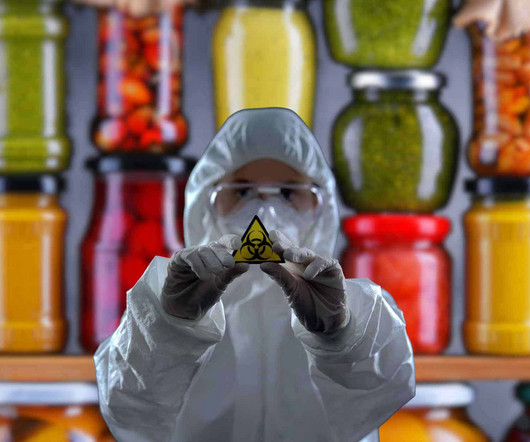Cells of the future: A key to reprogramming cell identities
Science Daily: Pharmacology News
DECEMBER 20, 2023
The intricate process of duplicating genetic information, referred to as DNA replication, lies at the heart of the transmission of life from one cell to another and from one organism to the next. This happens by not just simply copying the genetic information; a well-orchestrated sequence of molecular events has to happen at the right time. Scientists have recently uncovered a fascinating aspect of this process known as 'replication timing' (RT) and how special this is when life commences.





















Let's personalize your content